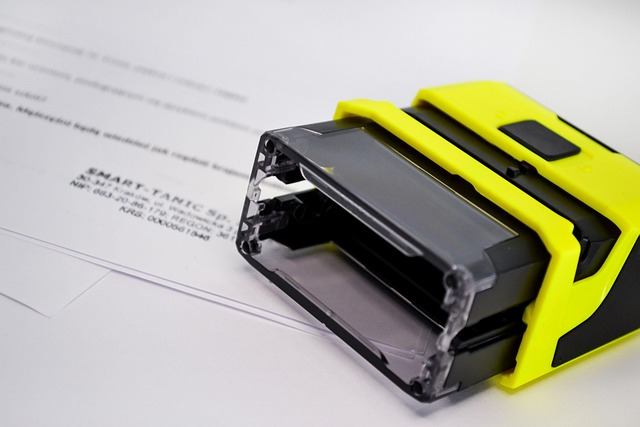One of the unfortunate realities of the legal profession is that clients sometimes fail to pay their attorneys for work completed. Even in law school, professors with real-world experience often shared stories about clients who didn’t pay. One professor even said the most valuable lesson he could teach was to always collect your fee upfront. Based on my own experience, clients are especially likely to skip out on paying their final invoices—but there are ways lawyers can reduce the chances of this happening.
Final invoices often go unpaid for several reasons. Once a case concludes, clients may feel they no longer need their lawyer and decide not to pay the remaining balance, assuming there will be no consequences. Others may be dissatisfied with the outcome and use that as a reason to withhold payment. In some cases, clients agree to settlements that require payments to others, leaving little or no money left to pay their legal fees.
One of the most effective ways to avoid this problem is by billing consistently throughout the case. Some attorneys delay invoicing or fail to follow up on payments, which can result in clients accumulating large balances. In my experience, the larger the final invoice, the less likely it is to get paid.
For example, I once heard about a lawyer whose client promised to pay once the case settled or when they had more funds. The client ended up owing hundreds of thousands of dollars in legal fees and ultimately lost at trial—never paying a cent. Had the attorney insisted on payments during the case or withdrawn earlier, the financial loss could have been minimized.
Another safeguard is arranging to be paid directly from settlement funds. In many settlements, one party transfers payment to the other’s attorney trust account. Settlement agreements can be structured so that attorneys deduct their legal fees from these funds before distributing the remainder to the client. This is especially useful when liens or other payments must also be made from the settlement. Lawyers should always consult local ethics rules before taking this route, but with everyone’s consent, it can be one of the most secure ways to ensure payment.
Maintaining an ongoing relationship with the client can also increase the likelihood of getting paid. Clients who plan to rely on their lawyer for future legal needs are usually more motivated to settle their invoices. Of course, this won’t apply in every situation—sometimes the lawyer may not want to continue working with the client. Still, clients tend to feel more accountable to attorneys they know well and expect to engage again.
In the end, it’s nearly impossible to avoid nonpayment entirely—almost every attorney has stories of unpaid invoices. However, by using strategies like regular billing, tying fees to settlement payouts, and fostering long-term client relationships, lawyers can improve their chances of collecting those final payments.

